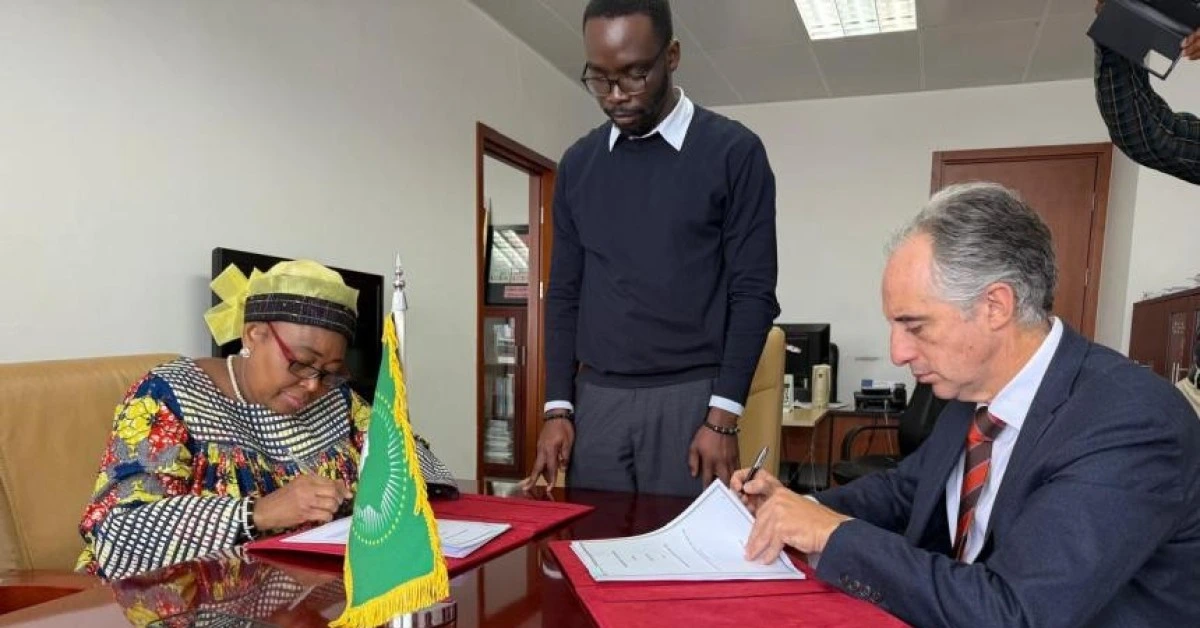
ETHIOPIA – The African Union (AU) Commission’s Department of Health, Humanitarian Affairs, and Social Development has partnered with the Drugs for Neglected Diseases initiative (DNDi).
This collaboration aims to enhance policy advocacy, research and development (R&D), and access to treatments for NTDs across the continent.
NTDs, such as leishmaniasis, sleeping sickness, and river blindness, affect over a billion people worldwide, with Africa shouldering a substantial portion of this burden.
These diseases disproportionately impact the continent’s most vulnerable populations, hindering socioeconomic development and quality of life.
The Memorandum of Understanding (MoU) between the AU and DNDi aligns with the Common African Position on NTDs, which outlines a strategic vision to control, eliminate, and eradicate these diseases by 2030. This position reflects the continent’s dedication to improving public health outcomes.
Ambassador Minata Samate Cessouma, Commissioner for Health, Humanitarian Affairs, and Social Development, emphasized the importance of this partnership, stating, “We are committed to developing and delivering effective treatments to the most vulnerable, promoting R&D and innovation for new technologies for NTDs and climate-sensitive diseases in line with the AU’s Agenda 2063.“
Dr. Luis Pizarro, Executive Director of DNDi, highlighted the longstanding challenges posed by neglected diseases in Africa.
He remarked, “This partnership with the African Union is about changing that by bringing science and policy action together to drive innovation and ensure that effective treatments reach patients in need and on time.”
The collaboration will focus on several key areas:
By leveraging the strengths of both organizations, this partnership aspires to make significant strides in reducing the burden of NTDs, ultimately contributing to a healthier and more prosperous Africa.
DNDi, established in 2003, has a strong track record of providing safe, effective, and affordable treatments for neglected patients.
To date, the organization has developed 13 treatments for six deadly diseases, saving millions of lives.
XRP HEALTHCARE L.L.C | License Number: 2312867.01 | Dubai | © Copyright 2025 | All Rights Reserved